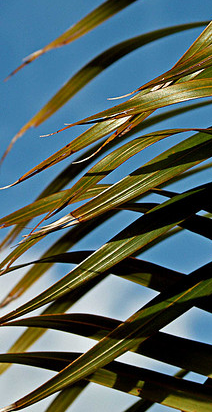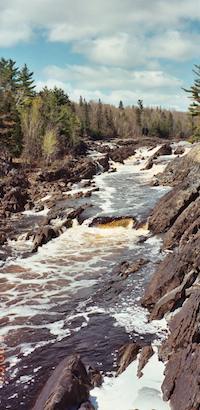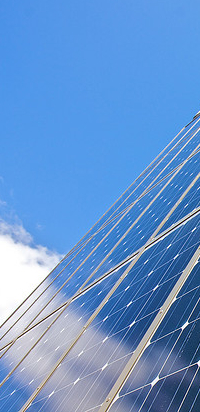
 As new studies confirm that palm oil plantations are harming biodiversity in Malaysia and Indonesia, plummeting prices make the tropical oil more attractive to packaged foods producers.
As new studies confirm that palm oil plantations are harming biodiversity in Malaysia and Indonesia, plummeting prices make the tropical oil more attractive to packaged foods producers.
Meanwhile, expanding oil palm plantations in those countries and Brazil could dash hopes of cashing in on the U.N.’s Reducing Emissions from Deforestation and Forest Degradation in Developing Countries (REDD+) program.
The palm oil lobby has been influential in drafting Indonesia’s incredibly weak moratorium on new forest concessions, and there is still a poor understanding of exactly how much forest land has been converted to oil palm plantations in Indonesia and Malaysia. Data from governments doesn't inspire confidence, while a major study published recently in Proceedings of the National Academy of Sciences (PNAS) excluded all immature plantations, which are substantial.
Aping around: Orangutans will not be extinct in the wild in the next five to ten years as is sometimes reported. Orangutans indeed face risks, but immediate extinction is extremely unlikely: there are more than 50,000 in the wilds of Sumatra and Borneo.
I’ll be watching: Golden Agri Resources (GAR), which owns Indonesia's largest palm oil producer, signed a progressive forest policy in February that could be the critical path forward for the palm oil industry. But GAR issued a report last week that hints its commitment may be wavering.
Read more about this topic
Despite the announced moratorium on forest concessions in Indonesia, palm tree planters already hold enough permits to double their output this century. The devil in the details here creates an ominous note for REDD, the U.N. plan for paying countries to preserve forests. Indonesia is seeking to collect $1 billion from Norway for the plan.
Boreal blues: All eyes are on the alluring tropical rainforests, falling to palm, soy, and cattle plantations. But the biggest emissions impact from deforestation is likely to come as the permafrost thaws beneath the boreal forest in northern lattitudes.
I was surprised to learn: Consumer outrage can work. Big companies backed away when environmental groups provoked social media storms by linking palm oil plantations to dying orangutans and toilet paper to endangered forests.
Read more about this topic
Economic models show that palm oil plantations are currently more profitable than payments for forest conservation under REDD. The models reveal that, as long as carbon credits from avoided deforestation are limited to voluntary markets, where they fetch just 10 to 20 percent of the price earned in compliance markets like the European Union's Emission Trading System, REDD will fail to be competitive with palm oil.
The good palm: Independent experts and NGOs have said that oil palm can be profitable for local landowners with small plots of say, with small plots of say, two to five hectares of degraded land of which there is plenty -- if they have capital. The difficulty is getting capital to small farmers.
I was surprised by … the extent to which the companies involved lack transparency and are well connected politically and internationally to the United States and Australia. The oil palm, mining, and logging industries intersect to form strong lobbies that seem virtually untouchable.
Read more about this topic
| Tweet This Page |












